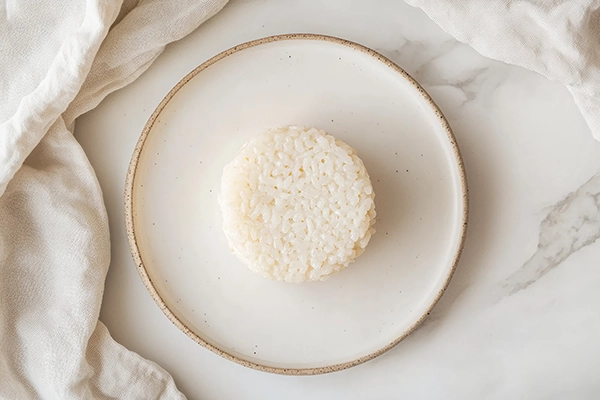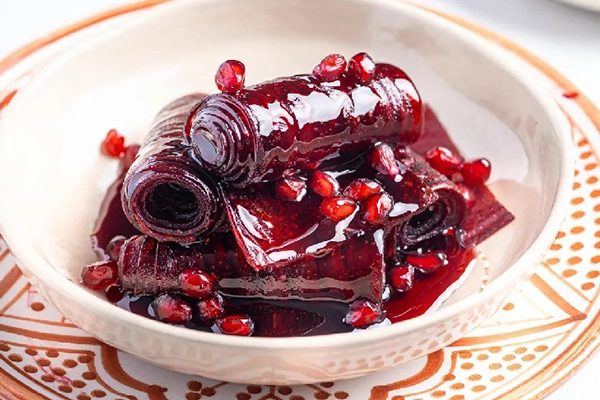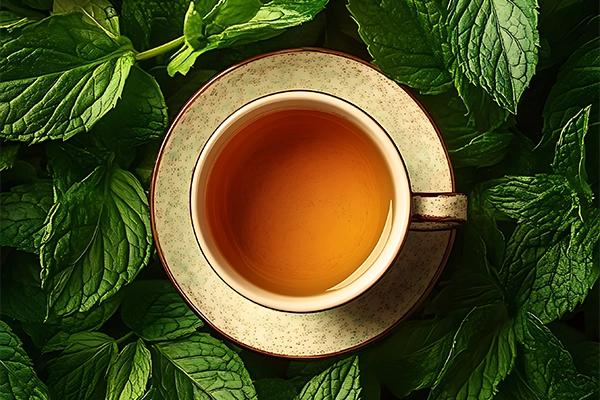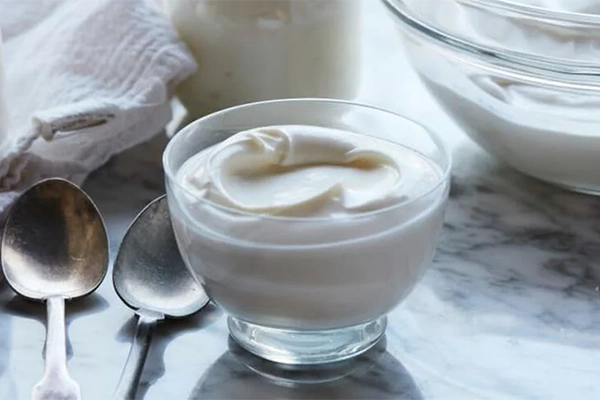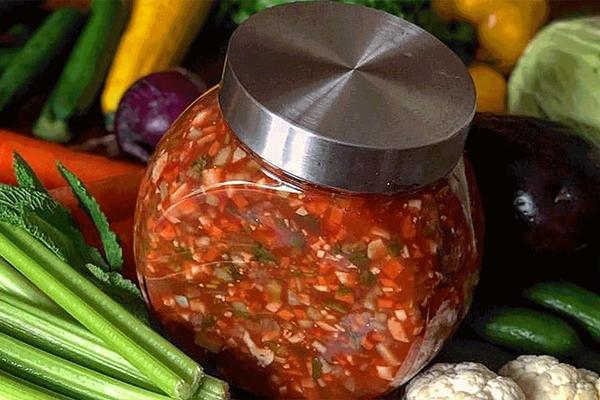Rice cakes have become very popular in recent years as a light and low-calorie snack. But do these products really have a high nutritional value? In this article, we will explore the rice cake nutrition facts of rice cakes to find out if they are really good for our health.
Rice cake nutrition facts
Rice cakes are mainly made from pressed rice and usually contain few additives. Let’s take a closer look at the rice cake nutritional value:
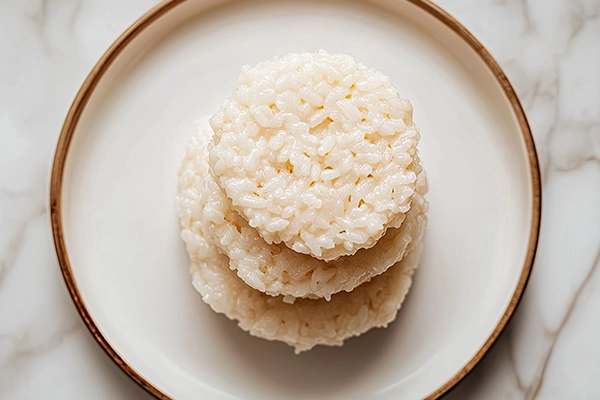
Rice cake Nutritional value
- Low calorie: One of the most important rice cake nutrition facts is its low calorie content. A plain rice cake typically contains 35 to 40 calories, making it a good option for dieters.
- Carbohydrates: Rice cakes are rich in carbohydrates. It can be a good source of quick energy, but not suitable for people on a low-carb diet.
- Low fiber: Unfortunately, one of the rice cake nutrition facts of rice cakes is that they are low in fiber. This can make you feel hungry quickly after consuming them.
- Low protein: Rice cakes contain a small amount of protein, which limits the nutritional value of the cake.
- Low fat: These products are usually very low in fat, which can be beneficial for people looking to reduce their fat intake.
- Vitamins and Minerals: Unfortunately, plain rice cakes do not contain significant amounts of vitamins and minerals unless they are fortified.
Advantages of rice cake
1. Low calorie: rice cakes can be a good option for people who want to control their weight.
2. Low fat: The rice cake nutritional value contains very little fat. This feature makes it useful for people who are looking to reduce fat intake in their diet.
3. Suitable for people with gluten sensitivity: Rice cakes are usually gluten-free, making them an ideal option for people with celiac disease or gluten sensitivity.
4. Light and digestible: Due to their simple structure and few ingredients, rice cakes are usually easily digested and can be a good option for people with digestive problems.
5. Variety of flavors: Although this does not directly relate to the rice cake nutrition facts of rice cakes, it is worth noting that rice cakes come in a variety of flavors that can make the consumption experience more enjoyable.
6. Perfect base for healthy snacks: Rice cake can be used as a base to add other nutritious food. For example, adding avocado, low-fat cheese or peanut butter can increase the nutritional value of the cake.
However, it is important to remember that despite these advantages, rice cakes also have disadvantages, including low fiber and protein content. Therefore, a thorough understanding of the rice cake nutrition facts is essential to make an informed decision about including them in the diet.
Disadvantages of rice cake
1. Low fiber: One of the most important rice cake nutrition facts is that they have very little fiber. Fiber is essential for the health of the digestive system and the feeling of fullness. Lack of fiber can lead to rapid hunger after consuming rice cake.
2. Insignificant protein: The rice cake nutritional value is very low in terms of protein. Protein is essential for building and repairing body tissues and helps maintain a feeling of satiety. A lack of protein can make rice cakes not a complete snack on their own.
3. High glycemic index: Many rice cakes have a high glycemic index. This means they can cause a rapid rise in blood sugar, which is problematic for people with diabetes or those at risk of developing diabetes.
4. Vitamin and Mineral Deficiency: Rice cake nutrition facts show that these products usually lack essential vitamins and minerals unless they are fortified. This deficiency can lead to nutritional imbalances if rice cakes form a large part of the diet.
5. Possibility of additives: Some types of rice cakes may contain salt, sugar or other additives that can reduce the rice cake nutritional value and be problematic for some people.
6. Lack of satiety: Due to the low content of fiber and protein, rice cakes may not provide a lasting feeling of satiety. This can lead to overeating or cravings for unhealthy snacks.
7. Limitation in Nutrient Variety: Although rice cakes can be part of a balanced diet, replacing them with whole and varied foods can lead to a restriction in the intake of essential nutrients.
With these rice cake nutrition facts in mind, it is important to consume this product carefully and as part of a balanced diet. Combining rice cake with other nutritious food can be a way to improve its nutritional value.
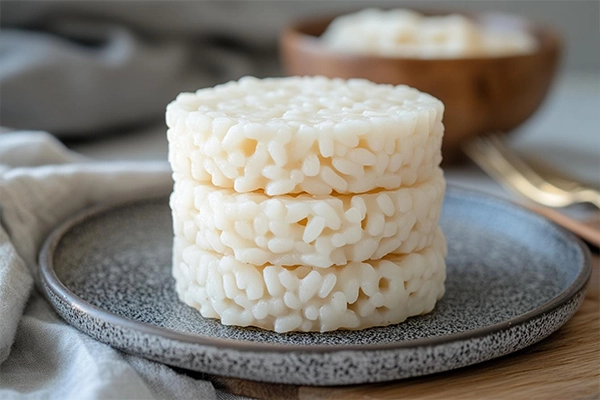
Conclusion
After carefully examining the rice cake nutrition facts, we can answer the question whether they are really good for our health or not. The answer, like most nutritional issues, is complex and depends on many factors.
Rice cakes have significant advantages:
– Their low calorie content is useful for people who are looking for weight control.
– Their low fat content is suitable for people on a low-fat diet.
– Being gluten-free is a great advantage for people with celiac disease or gluten sensitivity.
But at the same time, rice cakes have significant limitations:
– Their low fiber and protein content can lead to the feeling of not being full.
– Their high glycemic index may be problematic for some people, especially those with diabetes.
– The lack of vitamins and minerals in them limits the rice cake nutritional value.
Given these nutritional facts, we can conclude that rice cakes can be part of a balanced diet, but should not be considered a “super” food or a substitute for full meals. They can be used as a low-calorie snack or a base for healthier snacks.
In conclusion, the answer to the question “Are rice cakes really good for you?” It depends on your personal health goals, nutritional needs, and how to incorporate them into your overall diet. By fully understanding the rice cake nutrition facts, you can make an informed decision about their role in your diet.
